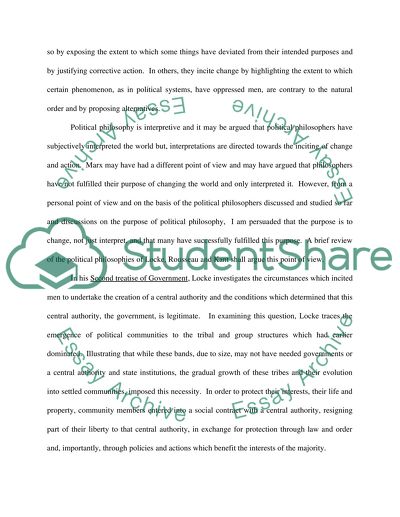Cite this document
(“Rousseau, Locke and Kant Essay Example | Topics and Well Written Essays - 1250 words”, n.d.)
Retrieved from https://studentshare.org/philosophy/1513330-rousseau-locke-and-kant
Retrieved from https://studentshare.org/philosophy/1513330-rousseau-locke-and-kant
(Rousseau, Locke and Kant Essay Example | Topics and Well Written Essays - 1250 Words)
https://studentshare.org/philosophy/1513330-rousseau-locke-and-kant.
https://studentshare.org/philosophy/1513330-rousseau-locke-and-kant.
“Rousseau, Locke and Kant Essay Example | Topics and Well Written Essays - 1250 Words”, n.d. https://studentshare.org/philosophy/1513330-rousseau-locke-and-kant.


